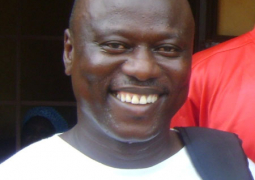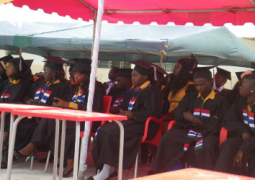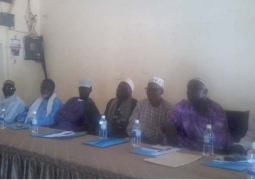The appeal filed by the seven foreign nationals who were convicted and sentenced by the Banjul Magistrates’ Court to 50 years in prison with hard labour in connection the case of two and half tonnes of cocaine resumed yesterday at the High Court in
The appellants are Rudy Rosoel Hamid Gazi, Juan Carlos Sanchez, Estaban Zanvalla, George Sanchez, Louis Dose Fermin, Eric Bottoni Juan and Carloss Diaz.
When the case was called yesterday, defence counsel Lamin L.S. Camara told the court that the records of proceedings were not yet ready, pointing out that he personally wrote to the office of the registrar to help them complete the typing, as the court was in need of the records.
He said that it is the responsibility of the state to provide the defence with the records of proceedings from the lower court, adding that it was very difficult for them because those secretaries responsible for typing the documents were not working under them.
In response, the deputy director of public prosecution, S.H. Bahoum, told the court that it was never the responsibility of the state to provide the records of proceedings, but instead it was the appellants.
The trial judge, Justice Edrissa Mbai, then gave a fortnight for the defence to make the records of proceedings available.
The case was then adjourned till 23 February 2012.
The appeal papers indicated that the appellants were on 12th October 2011 convicted and sentenced by the trial magistrate to 50 years mandatory jail term with hard labour.
The grounds of appeal stated that the sentencing and conviction was not supported by the evidence put before the court, and that the learned trial magistrate erred in law when he stated that the prosecution had proved their case beyond all reasonable doubt against the appellants.
The grounds further stated that the trial magistrate did not consider the totality of the evidence adduced before the court; that the trial magistrate did not evaluate the evidence of the appellants, in particular the appellants 1, 2 and 4 who testified in their defence.
It further noted that the trial magistrate erred in law when he overruled the no-case-to-answer submission of the appellants.
The court failed to avert its mind to the standard of legal requirement of proof beyond all reasonable doubts against the appellants; and also the court failed to avert its mind to the fact that the witnesses were discredited during cross-examination.




